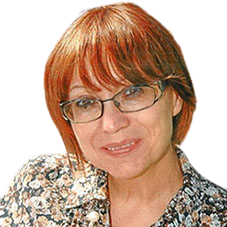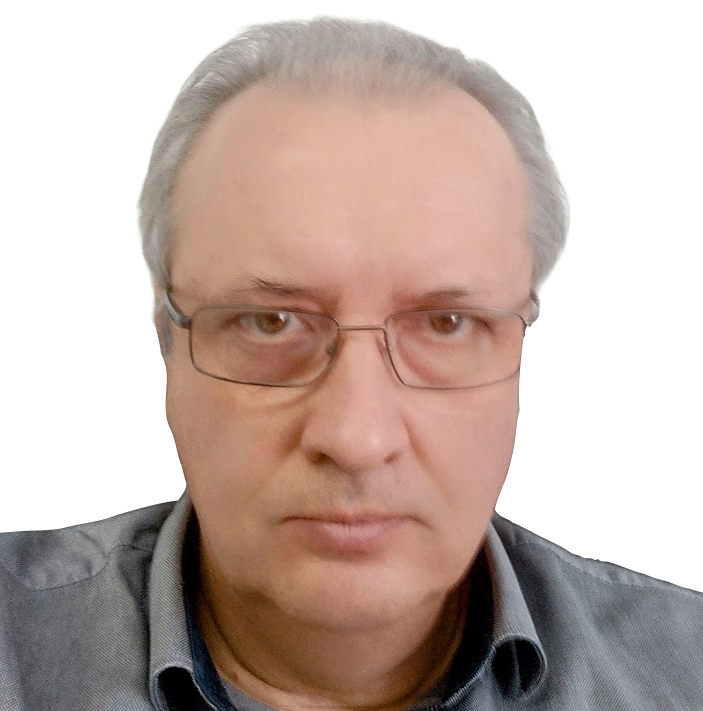SEARCH FOR LIGANDS UNBLOCKING THE INNATE IMMUNE RESPONSE IN CELLS INFECTED WITH SARS-CoV-2 VIRUS
Research Project KP-06-DK1/5/2021
29 March 2021 - 29 March 2023
Bulgarian
The SARS-CoV-2 virus blocks the cell's innate immune response by interrupting the mRNA transportation from the nucleus to the cytoplasm and disturbing the interferon signalling pathways. There is evidence that the virus prevents transportation of STAT1 from the cytoplasm trough the nuclear pores, thus blocking the expression of interferon inducible genes. It was also suggested that the virus inhibits the activation of interferon regulatory factor 3 (IRF3) and correspondently production of interferon type I. A number of cellular proteins participating in immune signalling pathways are targeted by several SARS-CoV-2 viral proteins. The proposed research is interdisciplinary in its nature and encompasses
The project objective is to investigate the molecular mechanisms of the interaction between the two SARS-CoV-2 proteins – ORF6 and Nsp13 – with the proteins of the target cells RAE1, RAE1-NUP98, KPNA2, KPNB1, and TBK1 by employing both computational and experimental approaches. These include development of 3D models of the viral proteins, investigation of their interactions with the cellular targets in order to identify the binding sites, and rational search for molecules capable of blocking the biological activity of ORF6 and Nsp13. The primary goal of the project is identification of the mechanisms and the corresponding means (existing drugs or new molecules) for unblocking the IFN pathways and reactivating the innate immune response in cells infected by SARS-CoV-2.
In the acute phase of COVID-19 the impact of the virus on the immune system escalates into a state of overreaction, the so-called cytokine storm, which according to clinical data is the main contributor towards a fatal outcome of the illness. It is triggered by an overproduction of proinflammatory cytokines, particularly IL-6 and IFNγ. The secondary goal of the project is to find means to prevent the development of the cytokine storm in the acute phase of the disease through the inhibition of IL-6 and IFNγ activity.
To reach the project objectives, we put forward several work hypotheses:
(1) The SARS-CoV-2 protein ORF6 interacts with RAE1 and RAE1-NUP98 complex of the target cell, thus blocking the
mRNA transport from the nucleus;
(2) Similarly, to SARS-CoV case, ORF6 prevents STAT1 transportation into the nucleus by binding to KPNA2, and
together with it – to KPNB1;
(3) The SARS-CoV-2 Nsp13 interaction with TBK1 results in blocking the production of type I interferons α and β;
(4) By finding (designing or identifying among existing compounds) ligands that block the active cites of the two viral
proteins, ORF6 and Nsp13, a reactivation/restoration of the innate immune response of the infected cells can be achieved;
(5) Some GAGs like heparin are potent inhibitors of two of the main regulators of the cytokine storm – IFNγ and
IL-6 cytokines. Inhibition of their activity can significantly suppress development of the cytokine storm.
These hypotheses are based on the previous investigations of the SARS-CoV proteins and their interactions with the host cell
proteins. For SARS-CoV-2 proteins, they need experimental verification. The understanding of the mechanism of innate immune
response blocking at molecular level requires development of experimentally validated computer models.
Elaborating on these working hypotheses will shed light on the molecular mechanisms of these protein-protein interactions and
will result in the design or identification of compounds that are suitable for therapeutic intervention:
– in the initial phase of COVID-19, where the restored innate immunity will suppress the infection, and
– in the acute phase of COVID-19, by extinguishing the cytokine storm.
Sofia University "St. Kliment Ohridski" – Lead Partner
Institute of Molecular Biology "Acad. Roumen Tsanev" – Bulgarian Academy of Sciences
Institute of Information and Communication Technologies – Bulgarian Academy of Sciences
Stephan Angeloff Institute of Microbiology – Bulgarian Academy of Sciences
The project is funded under the THEMATIC CALL "Funding of fundamental research projects on public challenges associated with the COVID-19 pandemic - 2020" of the Bulgarian National Science Fund.
Computational resources for this study are provided at the BioSim Cluster at the Faculty of Physics of Sofia University "St. Kliment Ohridski", at the Centre for Advanced Computing and Data Processing, supported under Grant BG05M2OP001-1.001-0003 by the Science and Education for Smart Growth Operational Program (2014-2020) and co-financed by the European Union through the European structural and investment funds, and at the Centre of Informatics Tricity Academic Supercomputer and networK, CI TASK, Gdansk (Poland).

Sofia University "St. Kliment Ohridski"

Institute of Molecular Biology "Acad. Roumen Tsanev" – Bulgarian Academy of Sciences

Institute of Information and Communication Technologies – Bulgarian Academy of Sciences

Stephan Angeloff Institute of Microbiology – Bulgarian Academy of Sciences

Copyright © 2021 — All Rights Reserved — The SARSIMM Project